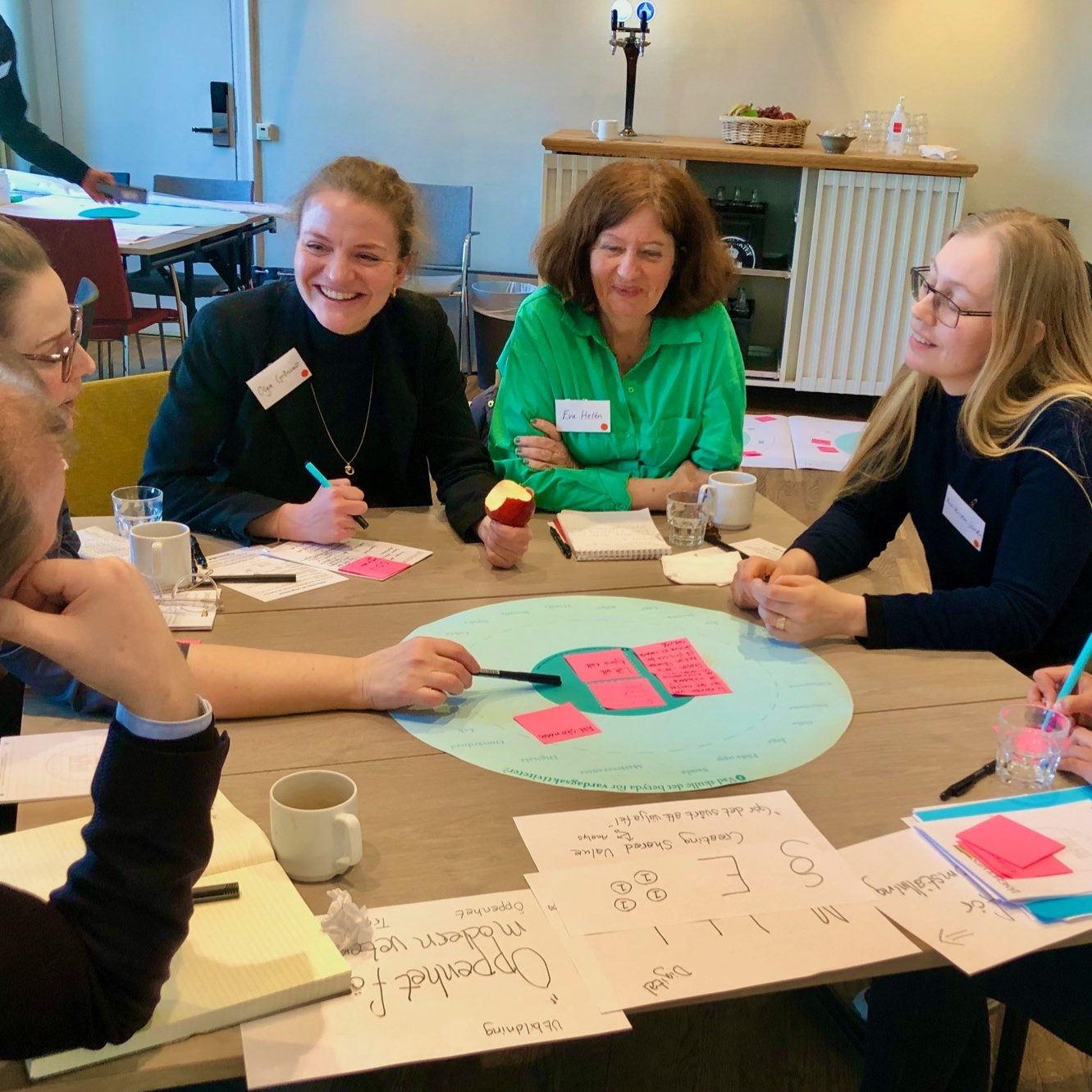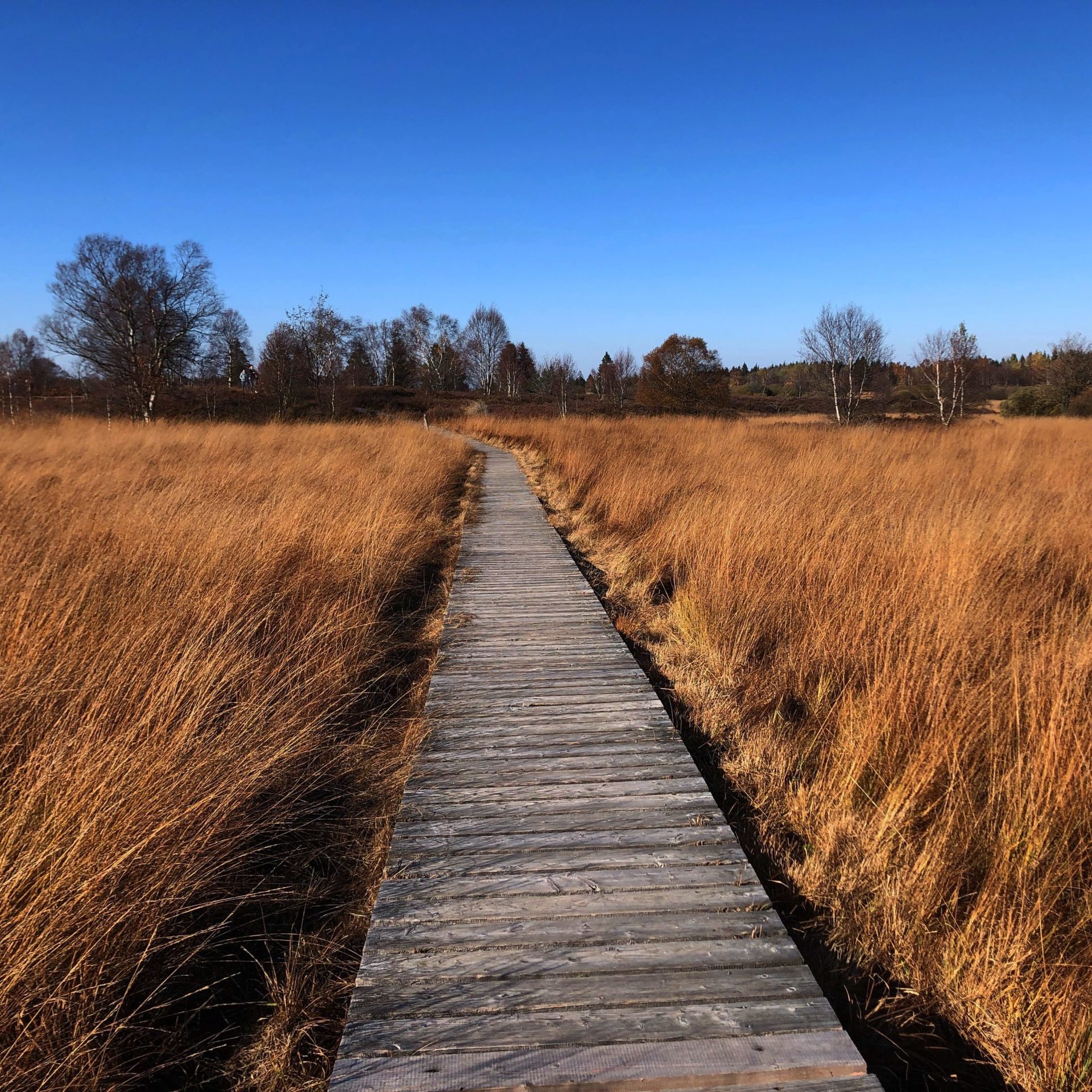Navigating trade-offs and synergies between biodiversity and society in protected multifunctional landscapes
Trade-offs and synergies in multifunctional landscapes
This PECS working group will study how trade-offs and synergies between stakeholders are managed in “protected multifunctional landscapes”. These are territories that focus on protecting their landscape quality, are multifunctional (with nature as one of many societal functions), and for which some national legislation and/or international agreement exist (e.g. Parc Regional, landscape parks, Man & Biosphere reserves, protected cultural landscapes). Protected multifunctional landscapes are frontrunners in forming local coalitions with a common regional goal. As such, they have gained practical experience in overcoming sectorial/stakeholder frictions.
More specifically, we want to better understand 1) how are boundary concepts (such as landscape quality) used to mobilize local stakeholders and to stimulate stewardship among land-owners and -users, 2) which field-proven, co-creative strategies are used to navigate trade-offs/frictions and enhance synergies between biodiversity conservation and needs of local stakeholders and visitors, and 3) which types of governance arrangements have proven to be successful to overcome institutional fragmentation? By carrying out and integrating empirical place-based research over a wide geographical area, we aim to draw conclusions about stewardship of such social-ecological systems.
Working Group Coordinators:
- Francis Turkelboom – Research Institute for Nature and Forest, Belgium
- Jomme Desair – Research Institute for Nature and Forest, Belgium
- Sander Jacobs – Research Institute for Nature and Forest, Belgium
- Mario Torralba – University of Kassel and University of Göttingen, Germany
- Christian Albert – Ruhr University Bochum, Germany
Working Group Participants:
- Cécile Barnaud – INRAE: French National Research Institute on Agriculture, Food and Environment, France
- Bruno Locatelli – Cirad, Univ of Montpellier, France
- Elisa Oteros-Rozas – FRACTAL Collective, Spain
- Tobias Plieninger – University of Kassel and University of Göttingen, Germany
- Lisanne Hölting – Technische Universität Dresden, Germany
- Maiko Nishi – UNU-IAS: United Nations University Institute for the Advance Study of Sustainability, Japan
- Nicolas Dendoncker – University of Namur, Belgium
- Anna Heck – INBO: Research Institute for Nature and Forest, Belgium




